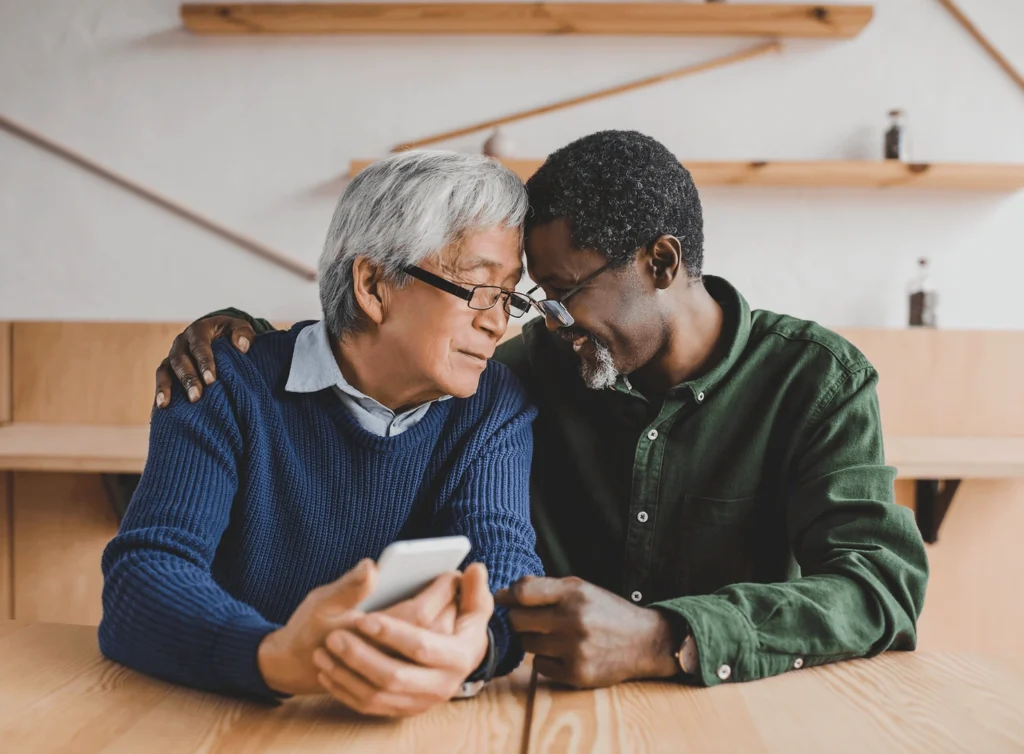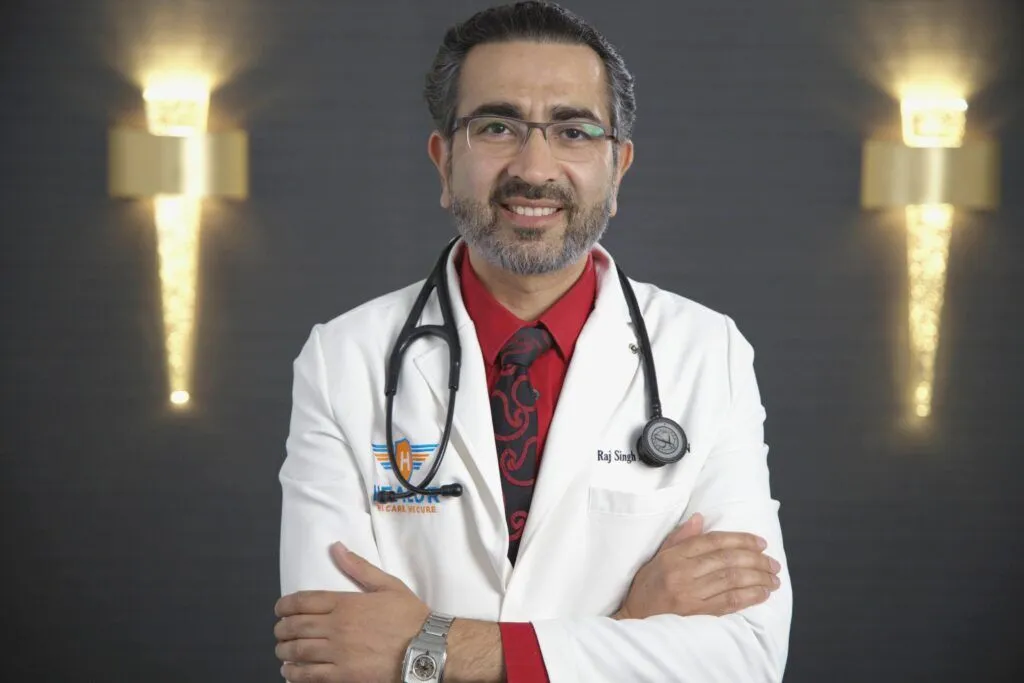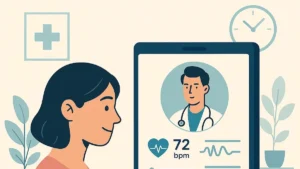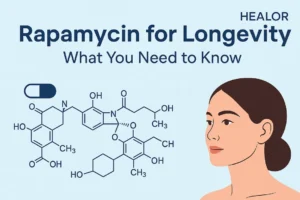
Do Gay And Bisexual Men Have A Higher Risk Of Anal Cancer? Believe it or not, your sexual behaviors can influence your risk of developing certain types of cancers. In patients who are exposed to HPV (human papillomavirus) through sexual activity, the risk of developing these cancers increases dramatically. More specifically, gay and bisexual men have an elevated risk level for anal cancer.
At HEALOR™ in Las Vegas, NV, board-certified physician Dr. Raj Singh understands the unique needs of the LGBTQ+ community and is committed to providing a comprehensive array of health services designed specifically for LGBTQ+ patients. In this blog, you’ll find more information about why certain patients have a higher risk of developing anal cancer, how we screen for anal cancer, and what signs or symptoms may mean you should seek an evaluation.
Why are gay men more likely to get anal cancer?
While some patients may have no symptoms at all, most people with anal cancer develop one or more symptoms of the disease over time. These may include:
- Bleeding per rectum
- Pain in the rectum or anus
- Change in bowel habits
- Can’t control bowel movements
- Narrow stools
- Palpable lump near rectum
If you are having symptoms that are suspicious of anal cancer, particularly if you are in a high-risk group, like gay and bisexual males, schedule an appointment to be screened for anal cancer or HPV at your earliest convenience.
How do you test for anal cancer?
During your initial consultation, Dr. Singh will thoroughly discuss your symptoms and personal history, answer any questions you may have, and perform a physical evaluation. Based on these findings, Dr. Singh may recommend either a digital rectal exam (DRE), a Pap smear, or both be used to evaluate for the presence of HPV or anal cancer.
Is anal cancer curable?
With early detection and prompt treatment, most cases of anal cancer can be successfully treated. For this reason, it is critical that patients with an elevated risk for developing anal cancer seek routine evaluations, monitor any potential signs or symptoms of an HPV infection, and understand how to prevent the disease. Some things that high-risk patients can do to lower their risk of developing anal cancer include:
- Wear a condom
- Limit number of sexual partners
- Do not smoke
- Get the HPV vaccine (if eligible)
- Get screened for HPV and anal cancer
With these simple steps, even high-risk patients can greatly reduce their risk of developing anal cancer.
Protect yourself against HPV and anal cancer with LGBTQ+ care in Las Vegas, NV
At HEALOR™, our knowledgeable team is committed to helping all patients live a healthy and fulfilled life. By identifying and understanding personal risk factors and how to minimize them, patients can feel more confident about their health and safety. To learn more about your own risk factors for anal cancer, call to schedule your private consultation with board-certified physician Dr. Raj Singh today.








